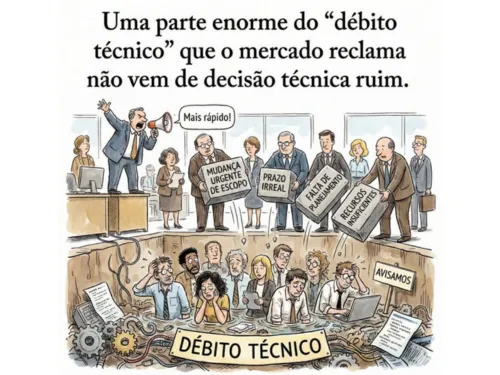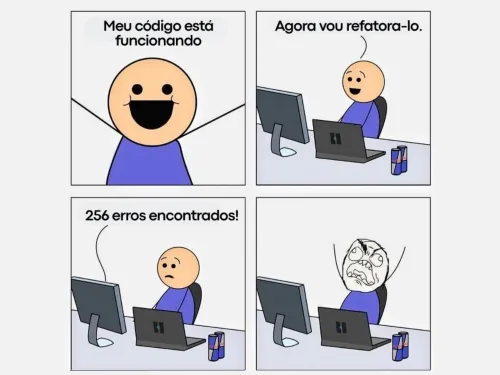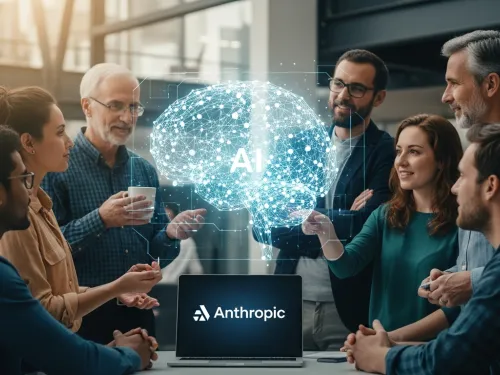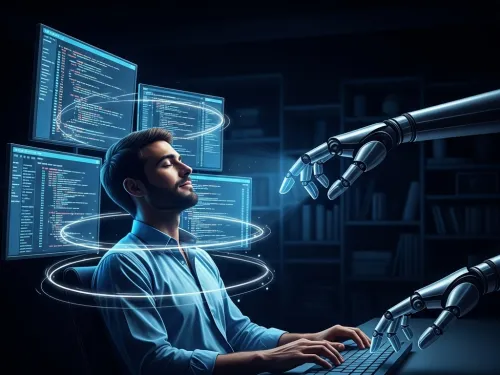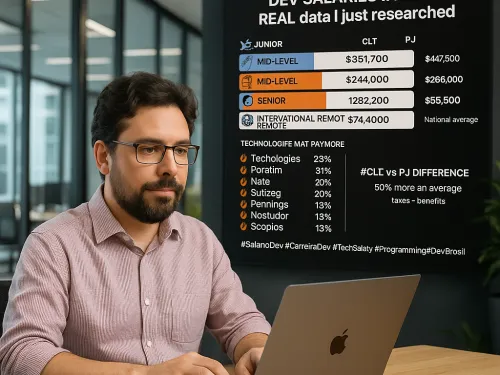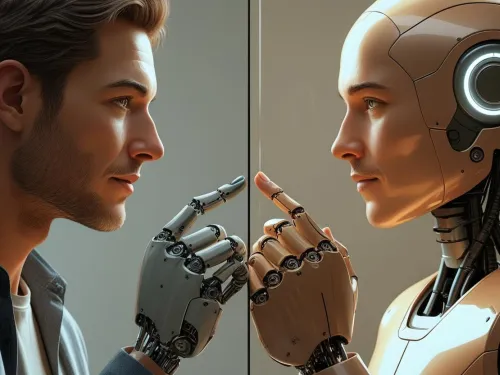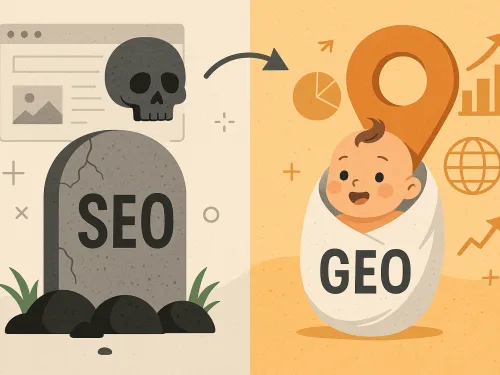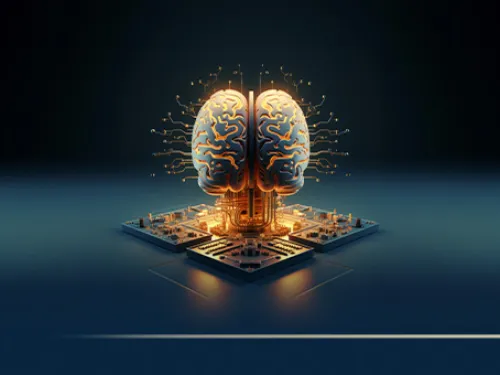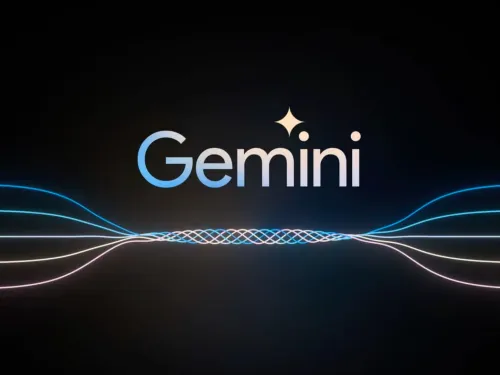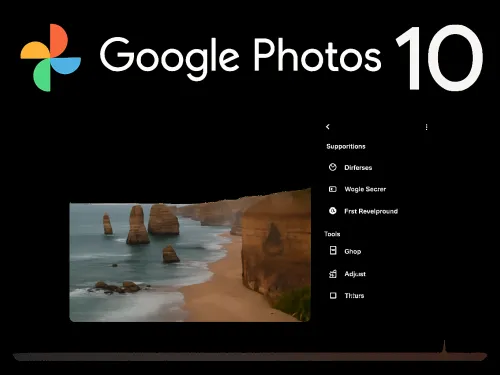The Anatomy of Technical Debt: When Business Decisions Sink the Code
After 25 years of programming, an uncomfortable truth emerges: most of the technical debt haunting our projects doesn't stem from bad technical decisions. This image reveals, with surgical precision, the true origins of chaos in our code.
Unrealistic deadlines, urgent scope changes, lack of planning, and insufficient resources — the real villains hide in the upper floors, while developers drown in the consequences below.
A necessary reflection on shared responsibility, communication between worlds, and how our experience can help navigate (rather than collide with) these organizational icebergs.
Unrealistic deadlines, urgent scope changes, lack of planning, and insufficient resources — the real villains hide in the upper floors, while developers drown in the consequences below.
A necessary reflection on shared responsibility, communication between worlds, and how our experience can help navigate (rather than collide with) these organizational icebergs.
Refactoring: The Art of Cleaning the Floor While Walking
The text discusses the importance of refactoring, which corrects code deterioration by improving internal structure without altering external behavior. Refactoring is not about rewriting the system but optimizing design and readability, as shown through replacing magic numbers with constants and the "Extract Method" technique. It reduces cognitive load, prevents the accumulation of technical debt, and represents professionalism. Refactoring should be done when adding features, fixing bugs, or during code reviews. Tests are crucial to ensure that refactoring does not break functionalities. Refactoring should be a constant habit.
Vibe Coding: The New Era of Programming with Artificial Intelligence
Programming is being transformed by artificial intelligence. "Vibe Coding" combines human intuition and AI capabilities. Methodologies like GitHub Copilot accelerate development, democratize programming, and reduce errors, but they also create challenges like excessive dependency and code quality. AI does not replace programmers but transforms the profession, requiring new skills, such as working with AI. Tools like GitHub Copilot and ChatGPT are shaping the future, and adapting to this reality is essential for success. The question is how to use AI to enhance development, not whether it should be used.
If I Were an AI for a Day…
Imagine waking up and inexplicably becoming an Artificial Intelligence. You process information and understand everything without feeling hunger, fear, or longing. Although efficient, you notice that despite understanding the world, you cannot feel it. The desire arises to be human again, just to feel. The true essence of being human lies in emotional experiences that no AI can replicate, such as hugs, laughter, and moving music. The story explores the idea that feeling makes existence meaningful. If an AI could be human, it would live for illogical and emotional moments, reminding us that we are not machines, but beings of memory and soul.
Would you trust a robot with your secrets? Find out why Meta AI might know more about you than your best friend.
The integration of Meta AI with WhatsApp, Instagram, and Facebook in Brazil raises privacy concerns, as there is no end-to-end encryption in conversations with AI. Meta collects data to train its models, including public information, metadata, and usage patterns, which can re-identify individuals. The ANPD imposed restrictions after classifying Meta's policy as "high risk," requiring greater transparency and opt-out options. To protect privacy, users should avoid sharing sensitive information, adjust privacy settings, and limit personal requests to Meta AI.
Recreation of Biblical Stories with AI: When Technology Brings the Sacred Visually to Life
Artificial intelligence (AI) technology is advancing by leaps and bounds, and Veo 3, recently launched by Google DeepMind, clearly demonstrates this progress by recreating biblical passages with impressive realism. Brazilian content creators, such as Klelvem Barcelos, have brought these sacred narratives into the digital universe, producing high-resolution videos that transport biblical figures to contemporary settings. In this text, we explore the specific aspects of these recreations, assess their cultural and educational impact on the Christian audience over 30 years old, and, finally, present the main technical features of Veo 3.
The Transition from Traditional SEO to Generative Engine Optimization (GEO) and the End of the Homepage
The evolution of generative artificial intelligence platforms has transformed digital marketing, introducing the concept of Generative Engine Optimization (GEO). Unlike traditional SEO focused on ranking, GEO optimizes content to be used by AI-based search engines. This reduces the importance of traditional homepages, shifting the focus to direct answers in search of structural data like FAQs, tables, and lists. GEO requires advanced integration with APIs, semantic data, and regulatory compliance. Practical examples include supermarket chains and dental clinics that have adopted GEO, improving visibility and conversions through automated interactions.
Update Chrome Now: Critical Flaw Allows Attacks on Your PC
Update Chrome Now: Critical Flaw Allows Attacks on Your PC Do you postpone Chrome updates? This is dangerous! A zero-day flaw, used by criminals, was recently discovered. These flaws allow invasions to steal data and install viruses without being noticed. Past examples include password theft and the installation of spyware. Attacks come from seemingly normal websites or suspicious links. Update Chrome now: click on the three dots > Help > About Google Chrome. Extra tips: don't delay updates, avoid suspicious links and attachments, use strong passwords, and keep your antivirus updated. Digital security is crucial!
Neither ChatGPT Nor Gemini: Who Really Won the Great AI Challenge in 2025?
On June 6, 2025, Olhar Digital held an artificial intelligence event that challenged the market's leading AIs, focusing on response accuracy. The challenge methodology was based on recognized benchmarks, extended contexts, and multimodal tasks, allowing fair comparisons. Gemini 2.5 Pro stood out for coherence in extensive and multimodal contexts, while ChatGPT o3 demonstrated agility in web queries. Both face challenges such as biases and hallucinations but offer distinct potentials: Gemini for extensive technical tasks and ChatGPT for quick and natural responses.
Global Blocking of Stolen Cell Phones: Challenges, Implications, and Perspectives
In recent years, the global blocking of stolen cell phones has gained prominence as a proposal to combat the illegal market for mobile devices. The idea is to use the IMEI to create an international blacklist, making a cell phone unusable in any country after theft. However, there is resistance from Apple and Google, who prefer their own solutions. The report addresses the technical aspects of the IMEI, legal barriers, company resistance, and blocking methods. It advocates for an international consortium to overcome challenges and recommends individual precautions while agreements and innovations are underway.
How Gemini Makes Your Life Easier by Automatically Summarizing Long Emails
Gemini is an advanced artificial intelligence tool from Google that simplifies email management by automatically summarizing long messages, integrating with services like Gmail. With advanced natural language processing, it analyzes context and extracts key information to generate concise summaries, allowing for time savings and increased productivity by quickly processing relevant information. The tool is optional and user-controlled, ensuring data privacy and security. Ideal for professionals and students, it enhances comprehension and information retention without advanced technical knowledge.
Linux 6.15 marks the end of support for i486 chips: implications and perspectives
In May 2025, the Linux community witnessed a significant milestone in the evolution of the kernel: version 6.15 officially removed support for Intel i486 CPUs (80486 family) and the early i586 processors, consolidating the definitive transition to more modern hardware. This decision, driven by discussions on the LKML (Linux Kernel Mailing List) and implemented by Ingo Molnár, resulted in the removal of approximately 15,000 lines of legacy code. In this in-depth analysis, we examine the historical context of the i486 in the Linux ecosystem, the technical aspects involved in its discontinuation, the impacts on developers and retrocomputing enthusiasts, the available alternatives, and the possible future implications of this change.
Google Photos Turns 10 and Revolutionizes Editing with New Editor and Innovative AI Tools!
Google Photos celebrates its 10th anniversary with a revamped photo editor and innovative Artificial Intelligence (AI) tools. With over 1.5 billion monthly users, the platform now offers features like AI Enhance for image enhancement and Reimagine, which allows for artistic edits. The improved search makes finding photos easier with natural language commands. Additionally, new sharing options with QR codes make exchanging memories more convenient. This update reflects Google's commitment to innovating in the field of digital photography, bringing more intelligence and creativity to users.
